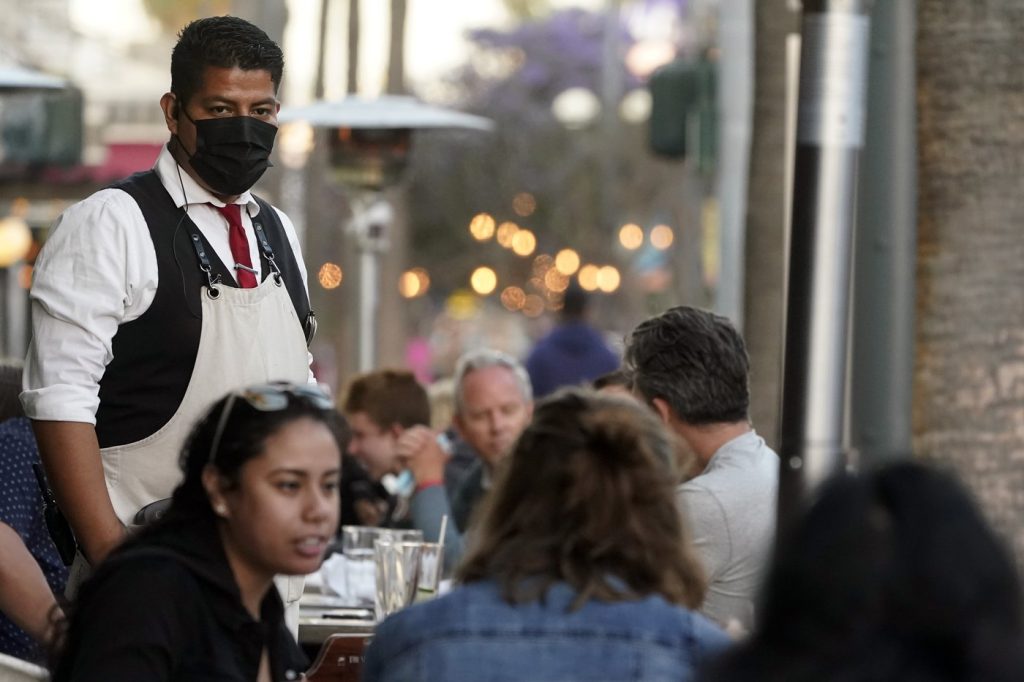Segments of the U.S. restaurant industry are pushing back against President Donald Trump's proposal to eliminate federal taxes on tips. Critics argue that the plan would benefit only a small portion of workers and divert attention from larger issues related to the pay of tipped employees. The Independent Restaurant Coalition, representing nearly 100,000 restaurants and bars, has asked Congress to reconsider the proposal included in Trump’s spending bill.
Elyanna Calle, a bartender in Austin, Texas, and president of the Restaurant Workers United union, expressed skepticism about the initiative. She noted that "there's a huge hole in this concept of 'no tax on tips' because a lot of restaurant workers aren’t receiving tips in the first place." Calle emphasized that the proposal primarily benefits servers, neglecting kitchen staff who often receive lower wages.
The idea of tax-free tips is gaining traction among lawmakers, with support from both Trump and his Democratic rival, former Vice President Kamala Harris, during the recent presidential elections. The House has included the measure in a tax cuts package that passed last month, which aims to eliminate federal income taxes on tips for workers earning less than $160,000 by 2025.
The Senate Finance Committee has proposed a modified version, capping deductions at $25,000 and phasing them out for individuals whose earnings exceed $150,000, with eligibility based on income as of December 31, 2024. Both the House and Senate's proposed measures would be applicable through the tax year of 2028 and specify that the term “cash tips” covers those received in cash, charged to credit cards, or shared among employees.
Despite some contention, the National Restaurant Association, representing about 500,000 restaurants and bars, expressed support for the House's version of the tax-free tips provision, claiming it would benefit over 2 million servers and bartenders. However, the broader U.S. restaurant industry employs more than 12 million workers, which includes dishwashers, cooks, and other kitchen staff, many of whom the Independent Restaurant Coalition argues would be excluded from the benefits of the tax elimination.
The coalition advocates for a broader approach, specifically seeking the elimination of taxes on service charges. Approximately 15% of U.S. restaurants are reportedly adding service charges to customers' bills as a way to compensate employees. George Skandalos, a pizza restaurant owner in Moscow, Idaho, shared his experience in restructuring compensation models in his restaurant, Maialina, where he implemented a gratuity-free policy. He introduced a 20% service fee distributed among all employees, which has been well received by customers.
Skandalos criticized the "no tax on tips" proposal for failing to account for restaurants like his that strive for more equitable wage distribution. He expressed the desire for Congress to expand the initiative to include tax exemptions for service charges as well.
Ted Pappageorge, the secretary-treasurer of the Culinary Workers Union Local 226 in Las Vegas, expressed that while the tax-free tips initiative could be beneficial, it is crucial for restaurants to pay kitchen workers a fair wage, especially since servers earn tips. He advocated for a separate proposal introduced by Democratic Representative Steven Horsford from Nevada, which would not only eliminate taxes on tips but also mandate restaurants to pay at least the federal minimum wage of $7.25 per hour. In many states, tipped workers are allowed to be paid as little as $2.13 per hour.
Yolanda Garcia, a barista at Resorts World in Las Vegas and a member of the Culinary Workers Union, added her support for Horsford's bill, highlighting her annual earnings of $33,000, which include up to $600 per month in tips. Garcia noted the importance of tax-free tips to mitigate uncertainties associated with tip income, particularly given rising living costs.
Calle, the Austin bartender, mentioned her reliance on tips but expressed concerns that customers might reduce their tipping if the tax-exemption is put into place, as they could feel resentful. She contended that the crux of the issue is low base pay, arguing that this reliance on tips could disincentivize companies from increasing wages.











